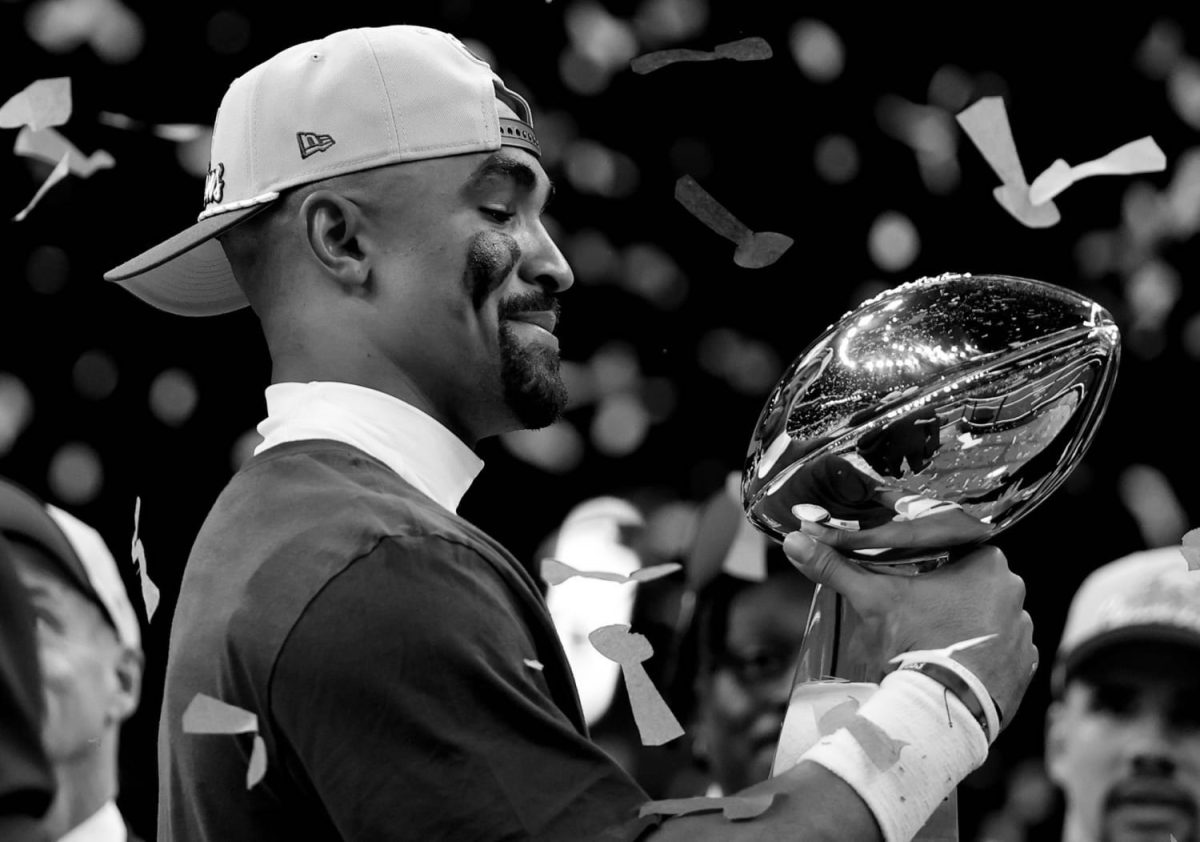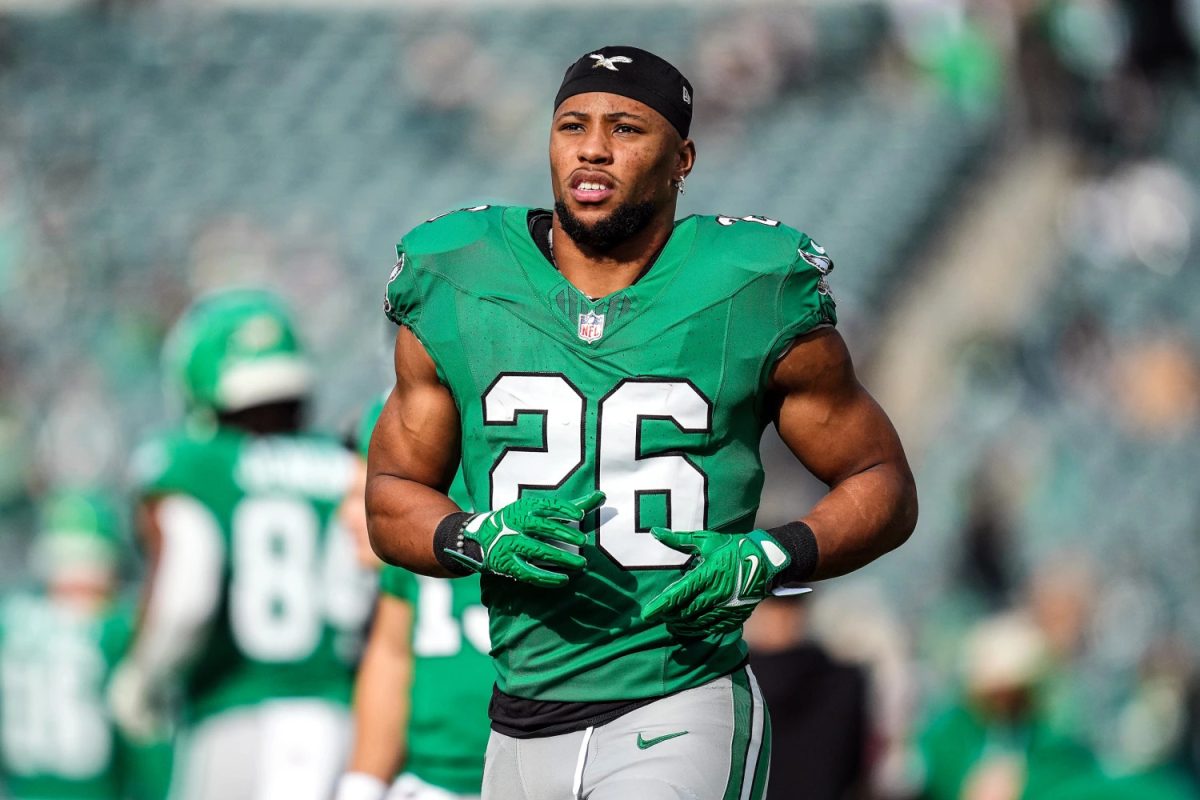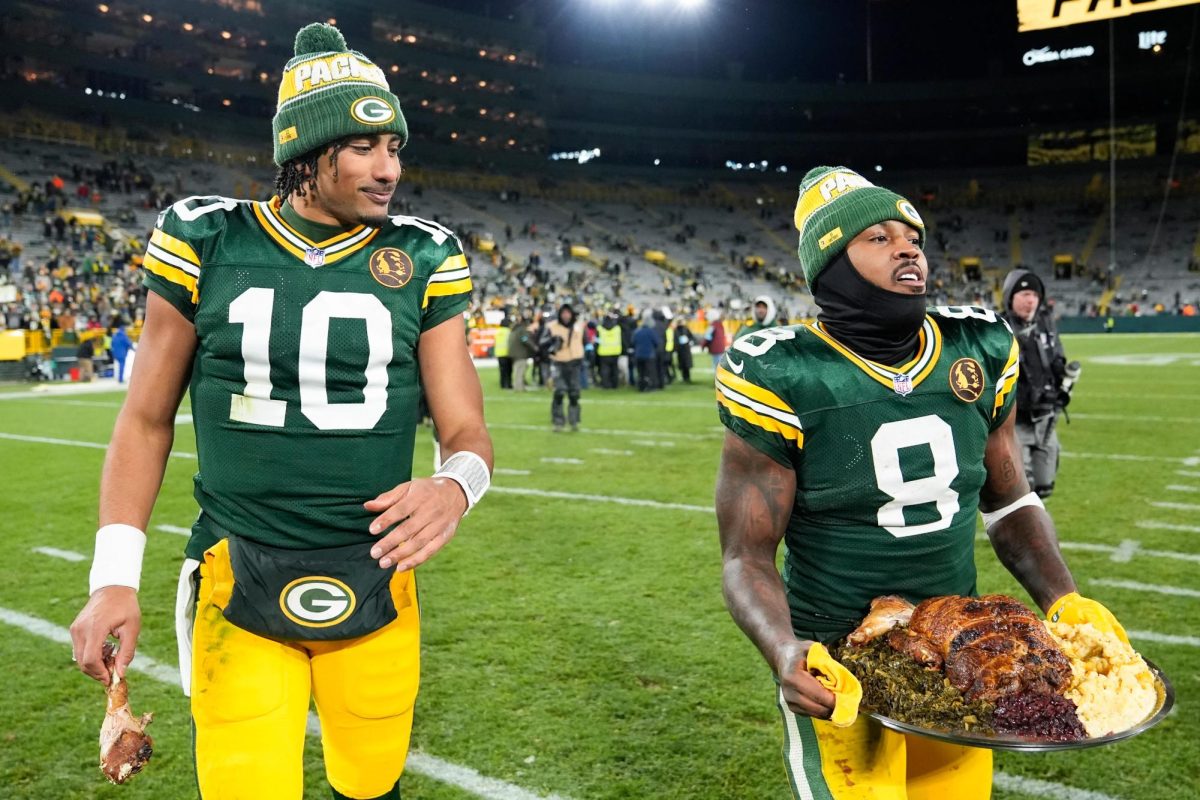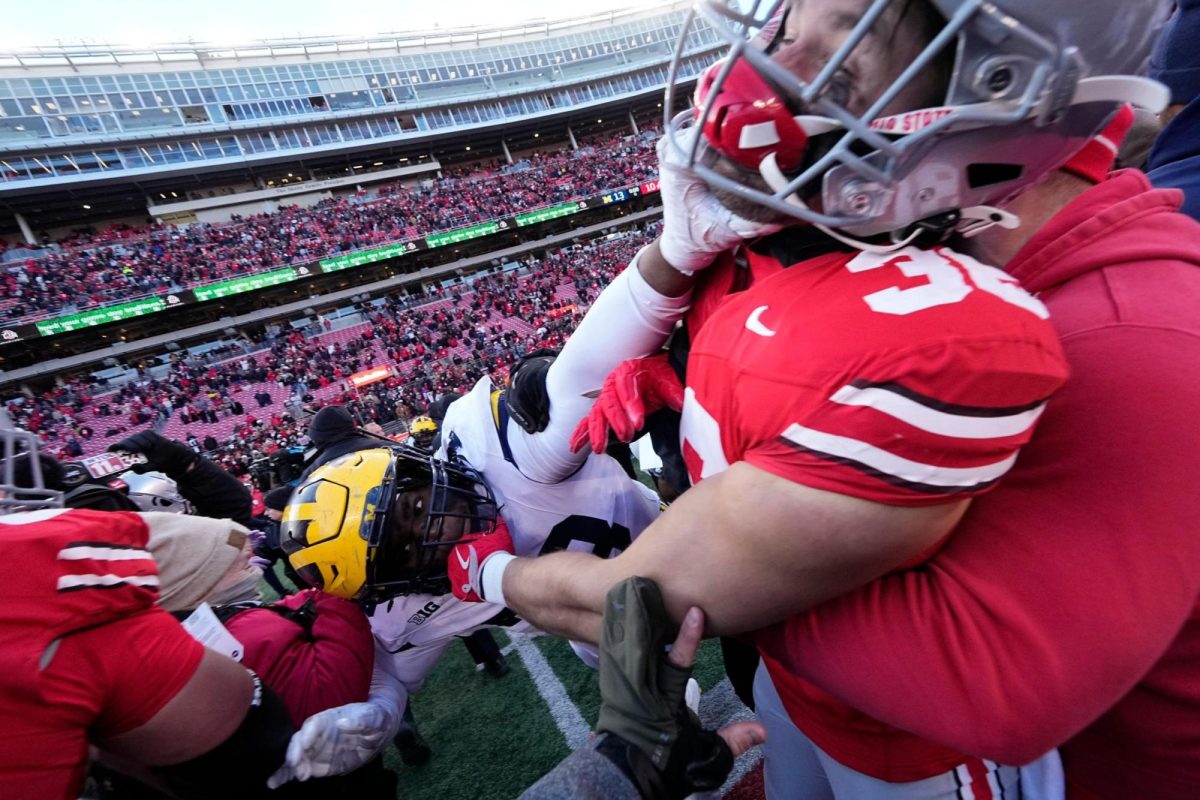This season, fines in the NFL are being handed out at an all-time high rate and players, both current and former, are beginning to express their concern.
With 8:11 left in the first quarter of the Detroit Lions’ Week 11 matchup against the Chicago Bears, Lions quarterback Jared Goff handed the ball off to running back David Mongomery for a five-yard gain. During the play, Lions wide receiver Amon-Ra St. Brown engaged in a block with Bears safety Jaquan Brisker. Although blocking is a routine job for wide receivers on rushing plays, St. Brown was fined $43,709 by the NFL for apparently leading his block with his helmet to create contact with Brisker. The fine highlighted two problems the NFL is facing: whether the fine was warranted in the first place, and the frequency at which the NFL has recently been fining players. Former three-time Defensive Player of the Year J.J. Watt took to X, formerly known as Twitter, to voice his disagreement with the NFL’s decisions.
“If you have to watch the video multiple times to try figuring out which person did something wrong and you still can’t figure it out, we probably shouldn’t be taking $43,709 from someone,” Watt wrote on X. “This. Is. Stealing. Money.”
Now, the league isn’t literally stealing money from their players. Fines are collected and donated to both the Professional Athletes Foundation, which supports former NFL players and their families, and the NFL Foundation, a nonprofit organization dedicated to improving the lives and well-being of football players across all levels. However, players are now being fined for plays they were not fined for in the past and, in some cases, losing their entire game check for that given week. And not every player is making $50 million per year like Kansas City Chiefs quarterback Patrick Mahomes. St. Brown — who earlier in the season became the wide receiver with the most receiving yards in their first forty games in Lions history, passing Hall of Famer Calvin Johnson — is in his third season and signed to his rookie contract. St. Brown’s base salary this season is $940,000; the fine he received in Week 11 was roughly three-fourths of his game check.
“Almost 5 [percent] of my salary, I’m hurtinggg,” St. Brown promptly wrote on X after the video of the play he was fined for went viral.
Under the NFL’s current Collective Bargaining Agreement, the NFL and NFL Players Association work together to create an on-field code of conduct for all players. The guidelines are intended to protect players from unnecessary risk and promote player safety and respect for other players, coaches, officials, and fans. The on-field violations are separated into the following four categories: unnecessary roughness (roughing the passer, use of helmet to initiate contact, crackback blocks), unsportsmanlike conduct towards an opposing player (taunting, unsportsmanlike gestures, fighting), other unsportsmanlike or prohibited conduct (fan interactions, verbal abuse of an official), and conduct detrimental to the integrity of the game (faking injury, public criticism of officials). After each week’s slate of games, NFL officials review game footage for violations, regardless of if the play was flagged, and then discuss if those plays warrant fines.
Players do have the right to appeal every on-field fine. Appeals are heard by one of two appointed appeals officers, currently former NFL players Derrick Brooks and James Thrash. The officer can then decide to uphold the fine, reduce the fine by 20 percent, or revoke the fine completely. In the 2022 NFL season, 460 fines were handed out by the NFL. Of those 460, roughly 100 fines were revoked completely and 150 were reduced. Although appealing the fines is an inherently fair process, the increase in fines handed out has led to an increased amount of appeals, and not every fine is going to be revoked or reduced. In the entire 2022 NFL season there were 166 violations remaining after the appeals process, resulting in $15,448,694. Through Week 11 in 2023, 326 infractions have amounted to $15,578,867; there are seven weeks left in the season.
NFLPA President and former Green Bay Packers and Cleveland Browns center JC Tretter recently published an article on the NFLPA website detailing how the current fining system works and what can potentially be done to change it. He describes the concerns current and former NFLPA members have with the league’s fining initiative.
“Our members are voicing their concerns both privately and publicly that the NFL is excessively fining players,” Tretter wrote. “Furthermore, the league has control of the points of emphasis and their enforcement. By simply creating a new point of emphasis, the NFL can rack up hundreds of escalating fines on players. This is an approach that does not make sense and is leading to money coming out of players’ pockets for things that, often, they are being coached to execute. In short, players feel this has become less about player safety and more about being overly punitive.”
The same players that generated $18.6 billion in revenue for the NFL in 2022 are being forced to pay, by NFL standards, pocket change. Pittsburgh Steelers second-year running back Jaylen Warren is making $870,000 this season, and, like St. Brown, is on his rookie contract. Warren has been fined $97,112 this season through Week 11. Both of his fines were not flagged in the game. Warren, the second-most fined player in the league, has lost almost two of his gamechecks because of these fines.
The large amount of fines beg the question, “Why fine?” Football has and will continue to be a dangerous game. Recently, an increasing amount of fines are being handed out for contact that can only be seen in slow motion. Players are making these plays in real time; sometimes they cannot tackle without their helmet or make contact at perfect pad level. Tretter believes the NFL is losing sight of the inherent danger the game poses.
“We believe that there is a widening disconnect between enforcing the rules in the spirit of protecting players from extremely dangerous play to over-regulating and penalizing players for playing an inherently dangerous game,” Tretter wrote. “Players will truly understand what this means.”











